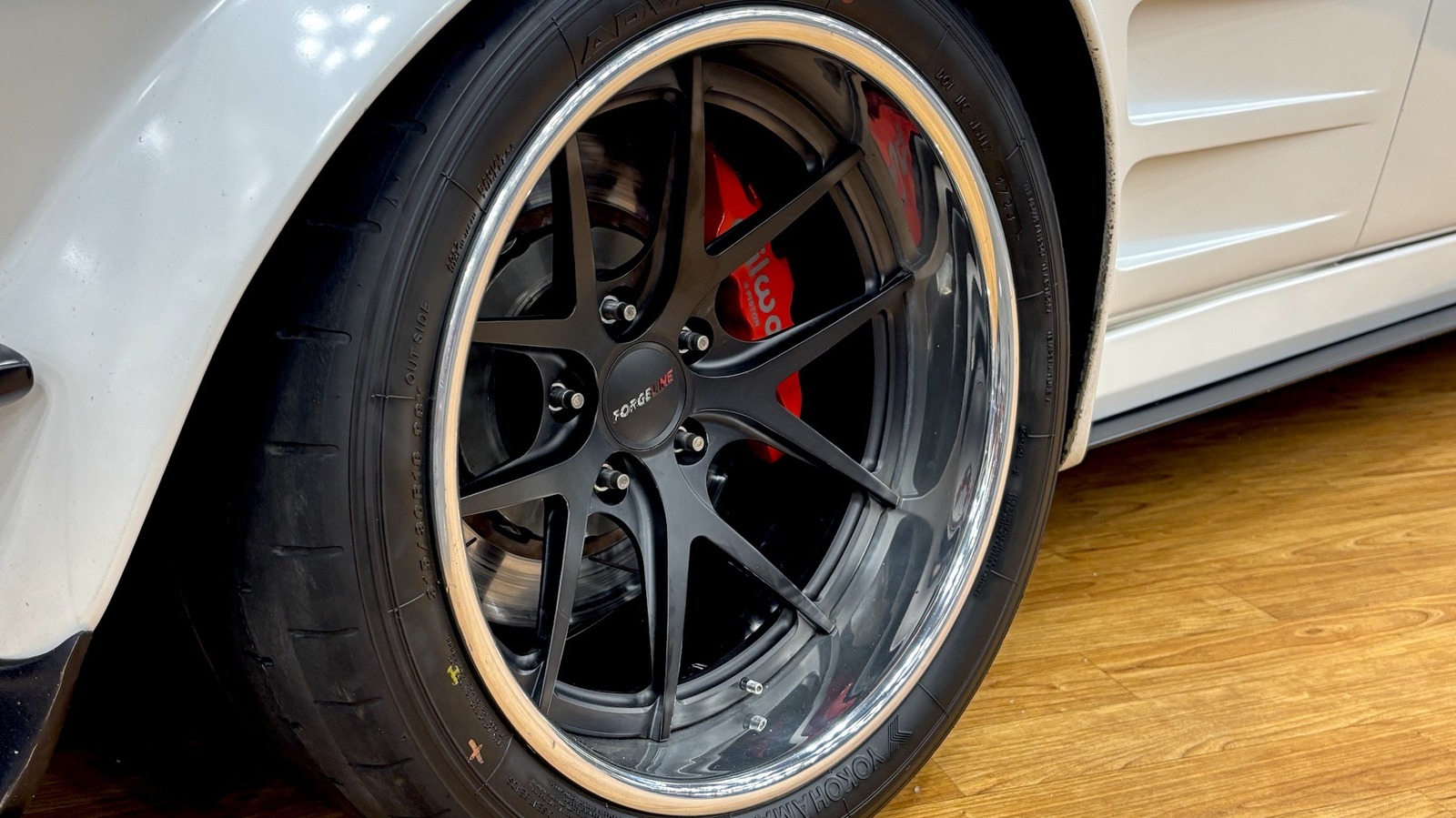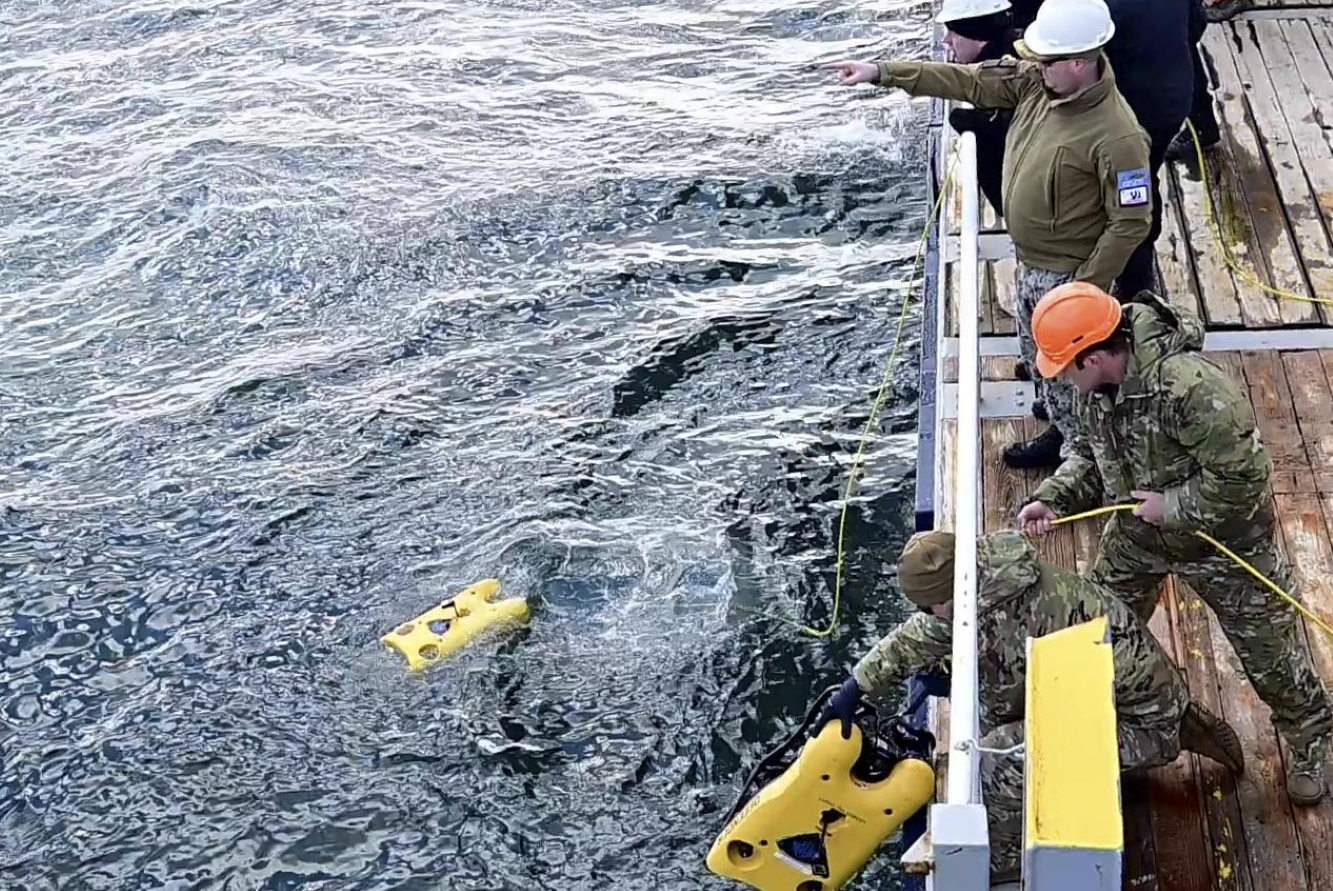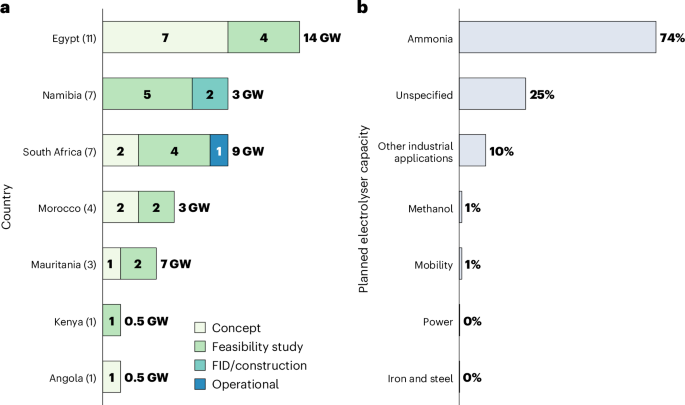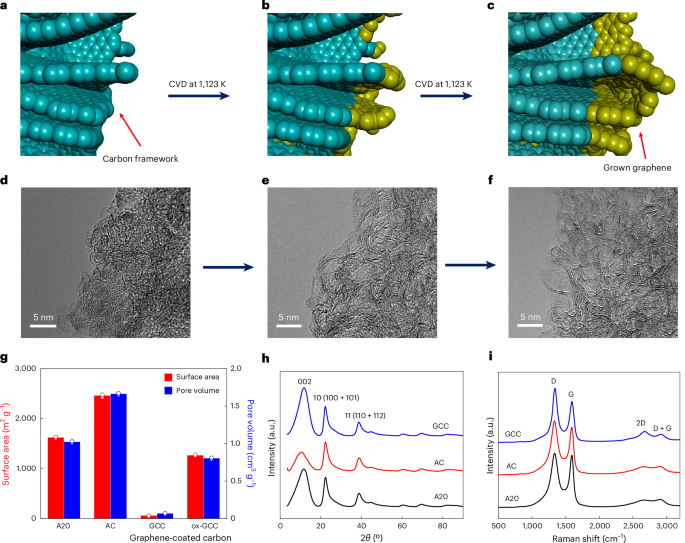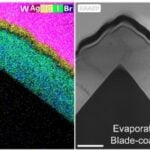Mandibular Implants: A Metamaterial‐Based Approach to Reducing Stress Shielding
Advanced Healthcare Materials, Volume 14, Issue 13, May 16, 2025.

Metamaterial mandibular implants offer a novel approach to reducing stress shielding and enhancing biomechanical stimulation. This study compares a gyroid-based metamaterial plate to a solid titanium plate using photoelasticity and finite element analysis. Results show improved stress distribution and localized mechanical stimulation, highlighting the potential of metamaterial implants for optimizing load transfer and promoting bone integrity.
Abstract
Biomechanical complications, such as stress shielding, bone resorption, and reconstruction failure, are prevalently associated with solid titanium mandible reconstruction plates. This study evaluates the potential of metamaterial designs with porous gyroid microarchitectures, to enhance biomechanical stimulation and mitigate these complications. A novel metamaterial reconstruction plate is compared with solid titanium plates, both patient-specifically designed and fabricated from Ti6Al4 V alloy. Stress shielding is assessed through photoelasticity experiments and validated with finite element analysis (FEA). Transparent mandible models are loaded incrementally (0–1000 N) to analyze stress distributions in the implants, screws, and mandible segments. The metamaterial plate reduces stress concentrations in the distant mandibular regions from the defect, while increasing stress around the screws near the defect, favoring local mechanical stimulation. FEA confirms improved load distribution (p = 0.003). However, the metamaterial plate exhibited a lower load-bearing capacity, failing at 775 N, while the solid plate withstood 1800 N without failure. Yet, the metamaterial design effectively reduced stress shielding, thereby enhancing biomechanical function near critical mandibular regions. Hence, despite their reduced load-bearing capacity, they can, potentially, preserve bone integrity and prevent implant failure that should be validated in future (pre-)clinical studies.




























